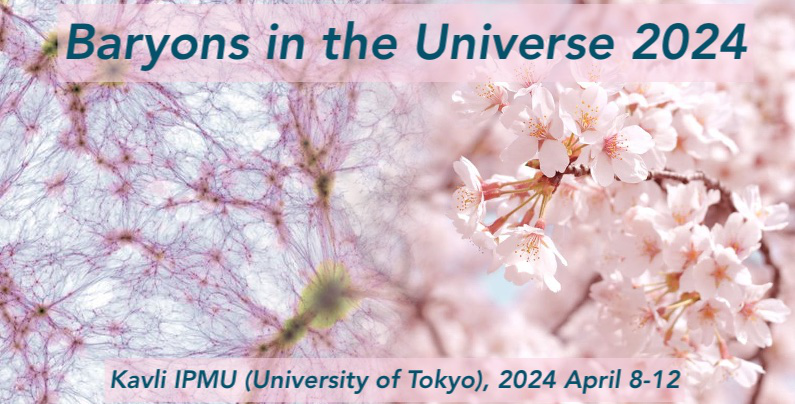Speaker
Description
Intensity mapping (IM) is a highly promising approach for the census of cosmic baryons out to Cosmic Dawn. Through low-resolution tomography of many unresolved sources, IM can efficiently map large cosmological volumes in aggregate line or continuum emission, thereby probing the physics of cosmic gas in different phases and environments traced by these emission signals. Understanding and accurately modeling the production mechanisms of IM signals from galactic/intergalactic hydrogen gas and heavy elements is crucial to fulfill the promise of IM in astrophysics and cosmology. I will discuss the recent progress in simulations of IM in the context of multi-tracer analysis, where a multitude of IM signals (e.g., lines like HI 21cm, CO, Ly-alpha, [CII], [OIII], and continuum like the cosmic infrared background) probing a wide range of baryonic processes are self-consistently simulated and jointly studied. In particular, I will focus on our efforts on using both parametric and generative AI approaches to combine the advantages of high-resolution cosmological zoom simulations and semi-numerical models, in order to efficiently and accurately simulate how IM signals trace cosmic baryons. Taking the star formation and metal enrichment histories of galaxies as examples, I will show the importance of augmenting semi-numerical models with sub-grid astrophysical prescriptions motivated by high-resolution simulations when predicting IM signals for precise astrophysical and cosmological inference. I will conclude with an outlook for building a fully Bayesian framework for modeling and analyzing data from multi-tracer IM and other probes.

